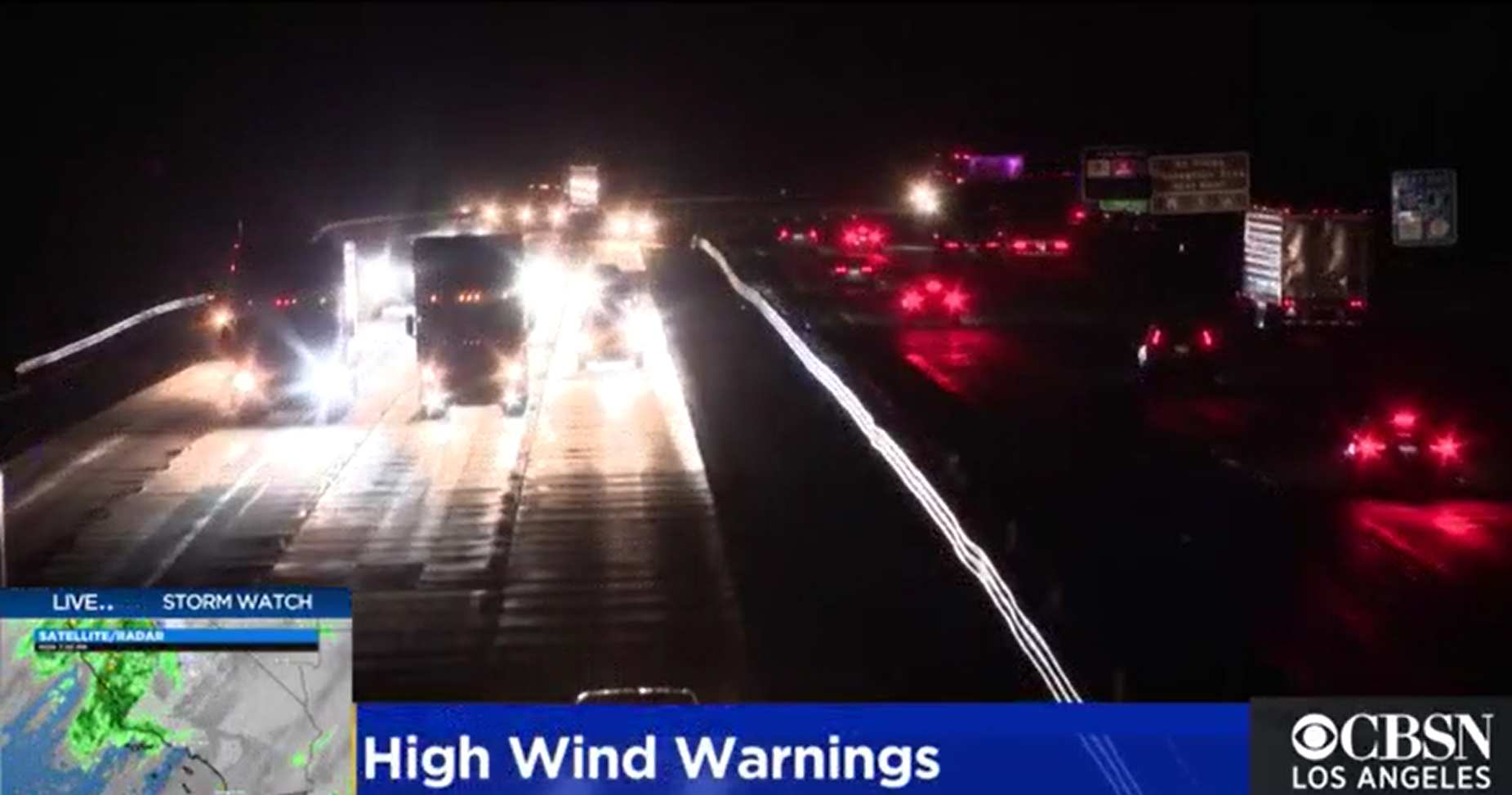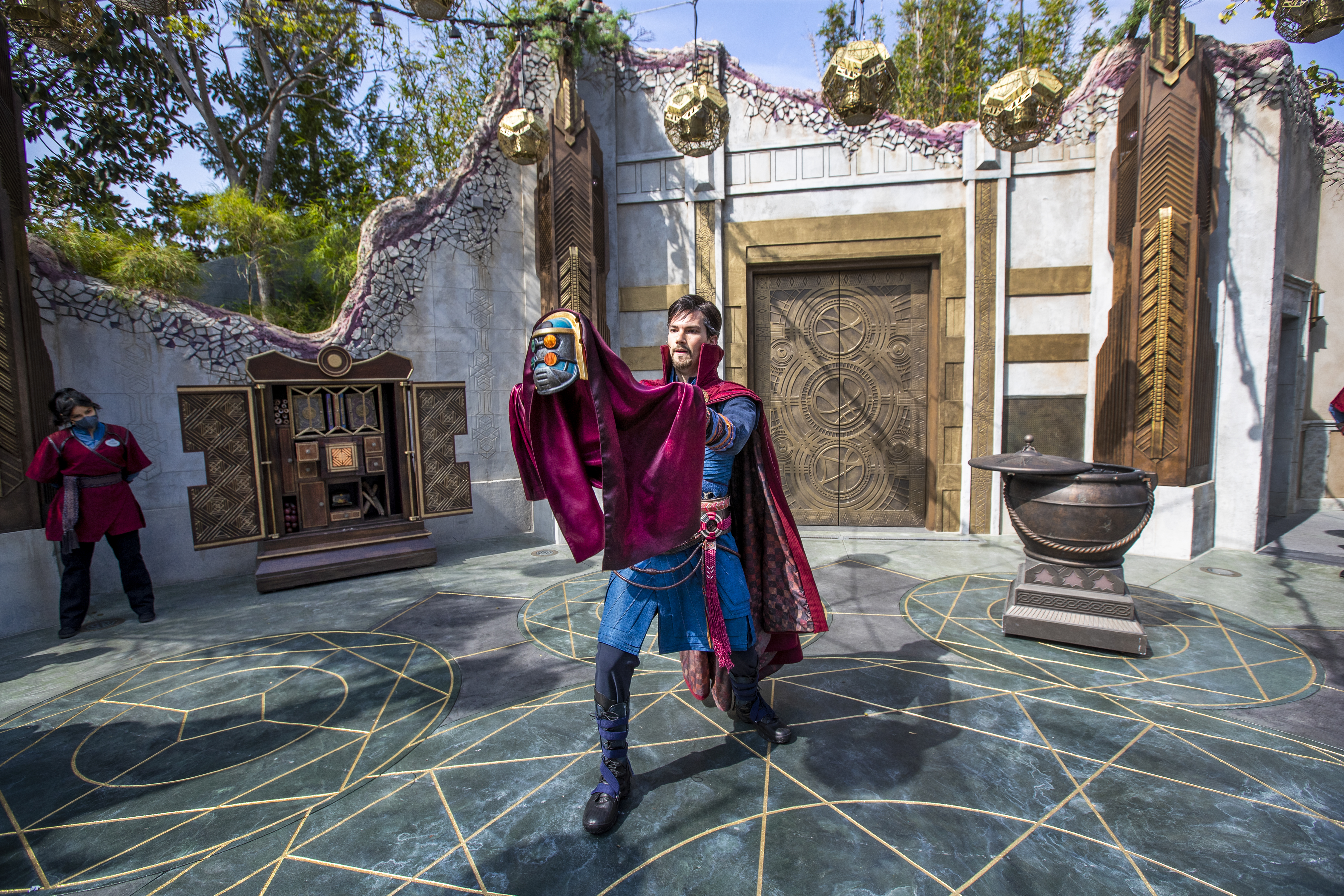A brand new report reveals that visitors in Houston and Austin is worse than the Dallas space.
DALLAS – North Texas continues to get extra awards and inhabitants – and visitors too.
In keeping with the City Mobility Report 2021 by the Texas A&M Transportation Institute in partnership with INRIX, the Dallas space rose to eighth place on the listing of city areas for worst visitors in 2020 attributable to an vital measure associated to the additional time a commuter has to endure.
That is in comparison with sixteenth place in 2019 for the native area.
The New York space took first place in 2020, adopted by the Boston Metro. The Houston space, which was ranked greater than the Dallas space in 2019, shot as much as third place. The biggest Californian metros – Los Angeles and San Francisco – ranked 4th. 6.
Austin, whereas not one of many largest subway areas, got here in seventh. That’s up from twelfth.
CONNECTED: Visitors within the Dallas space is getting busier amid the modifications led to by COVID-19
The brand new report, launched late final month, examines visitors in an especially uncommon sample shift amid the challenges of COVID-19 and native restrictions throughout the nation. There have been basically 4 “distinctive congestion years rolled into one” in 2020, together with the pre-pandemic interval, the post-pandemic interval, an preliminary restoration, and a extra regular fall interval.
“Annual congestion prices and journey delays in 2020 have been about half of the 2019 downside – whole congestion delay was like 1997, greater than 20 years in the past,” the report stated. “The fee per commuter in fixed 2020 {dollars} was lower than 1982.”
Nonetheless, regardless of the dramatic decline in congestion ranges in 2020, developments within the ultimate months of 2020 level to a return of congestion issues in 2021, the report stated. For the Dallas space, different knowledge means that the world has seen extra visitors in latest months.
Whereas North Texas slipped its rankings in 2020, it was nonetheless barely higher than the common amongst very giant city areas or these with greater than 3 million individuals. The typical in 2019 for annual delay per commuter was 84 hours, all the way down to 41 hours in 2020 primarily based on 2019 drivers. The Dallas space was 40. Houston was 49. Austin was 41.














